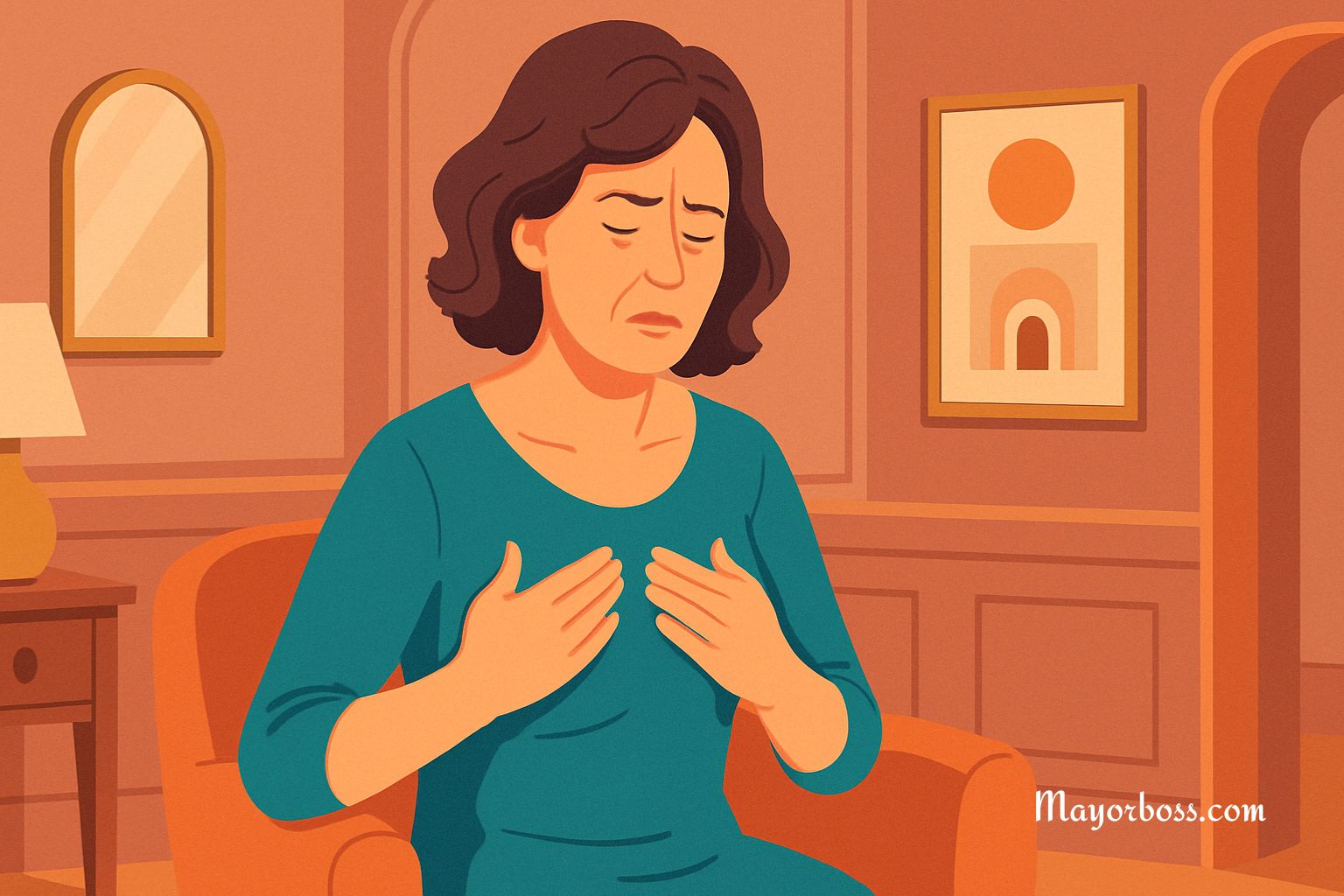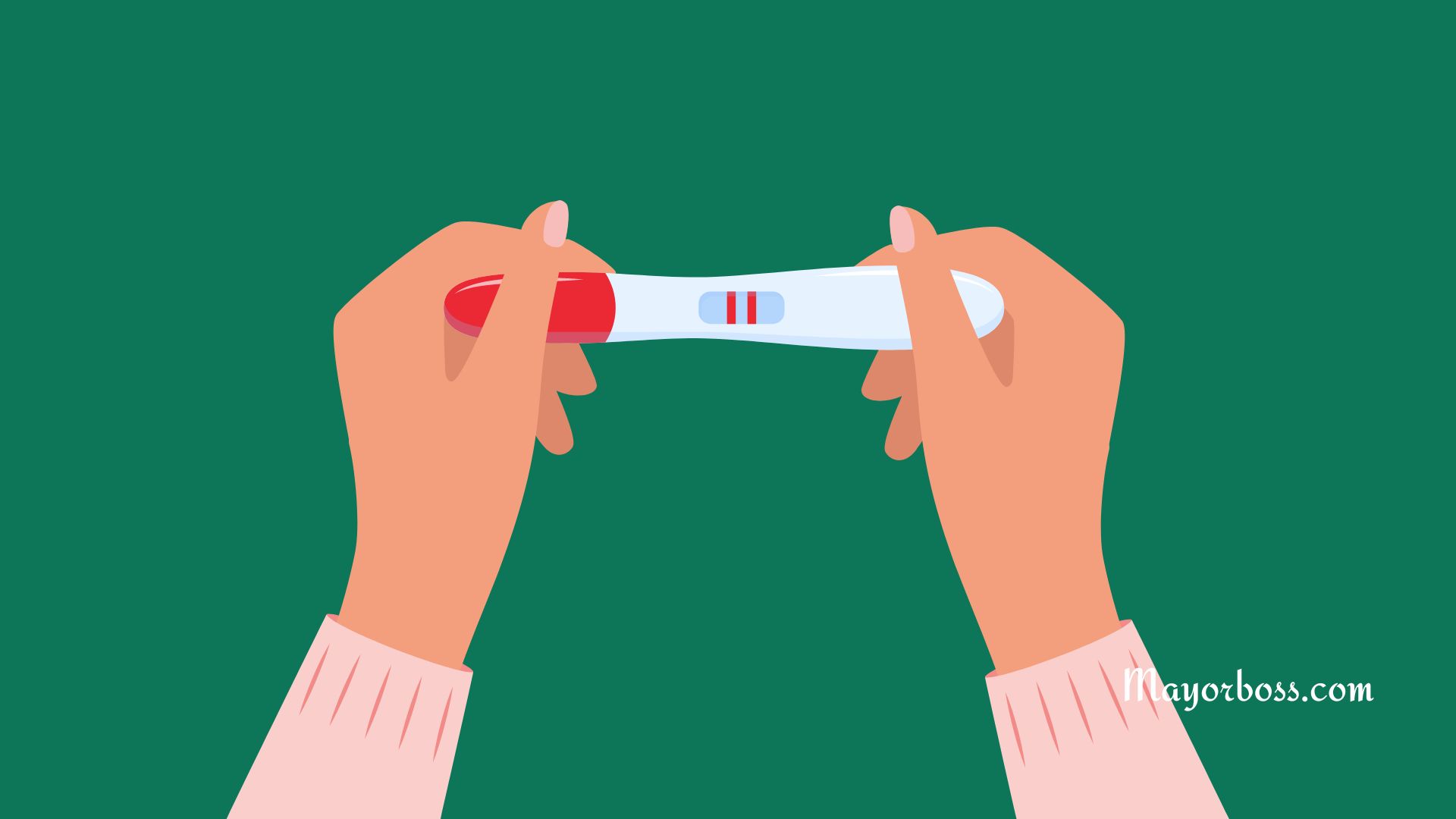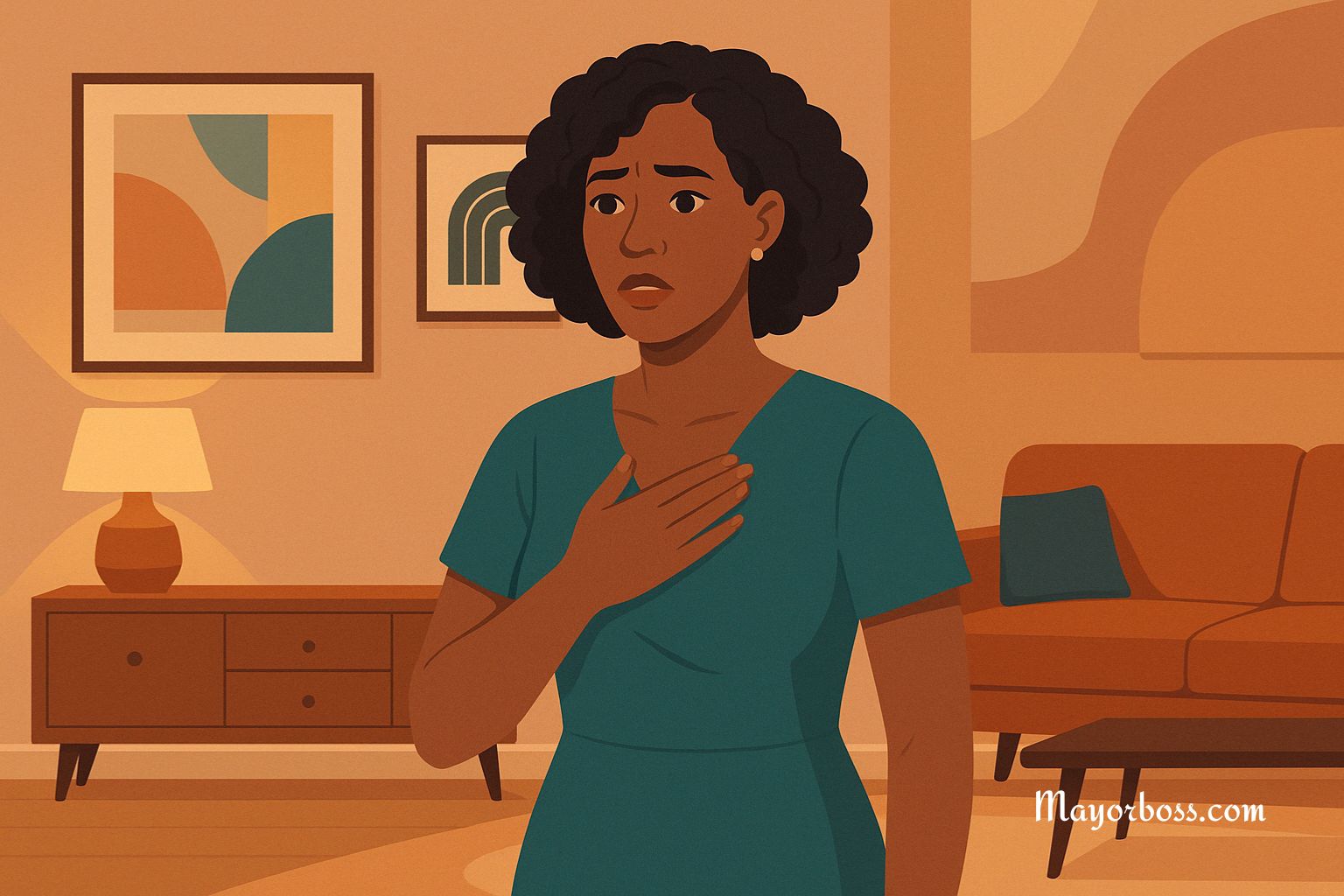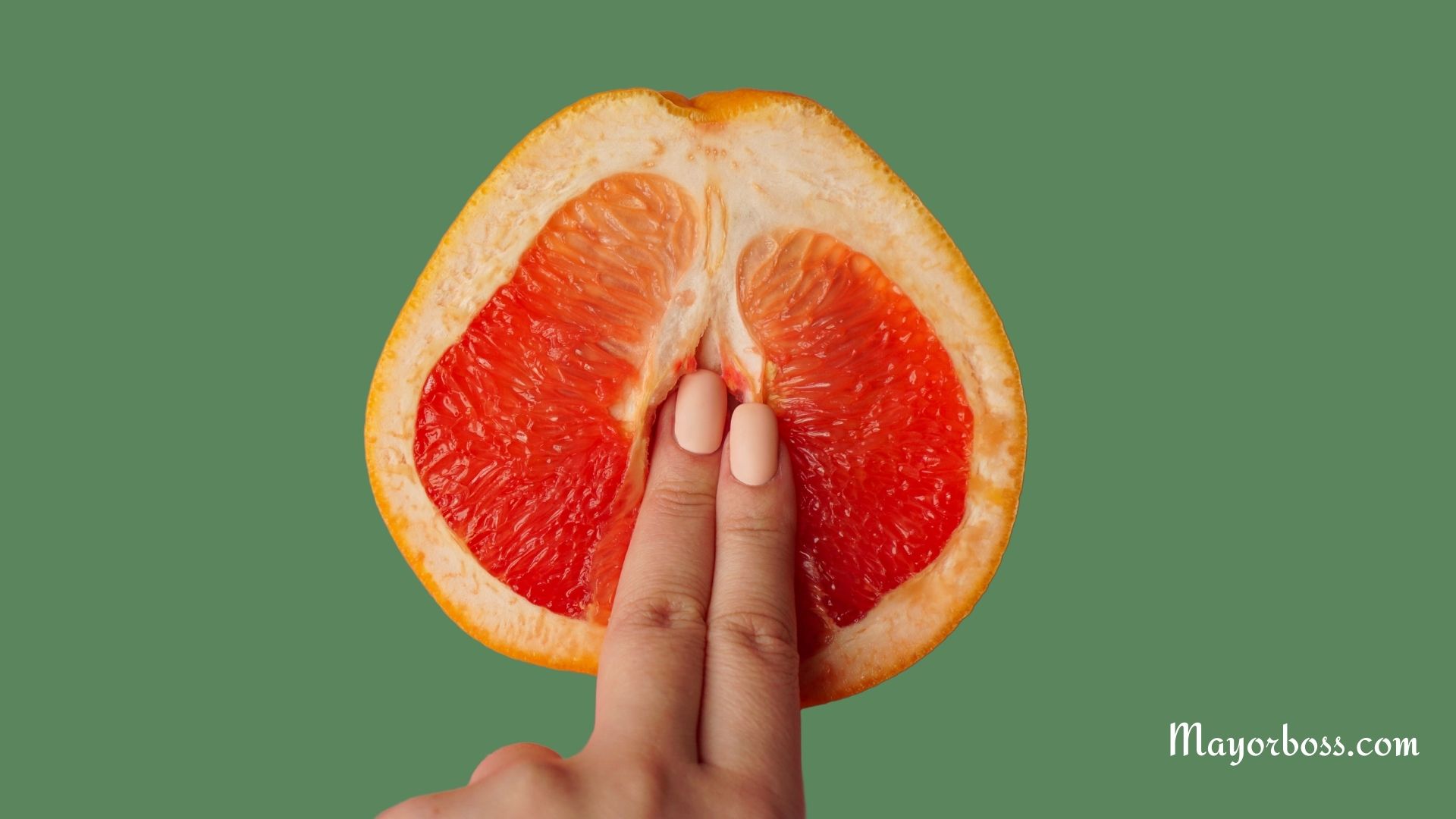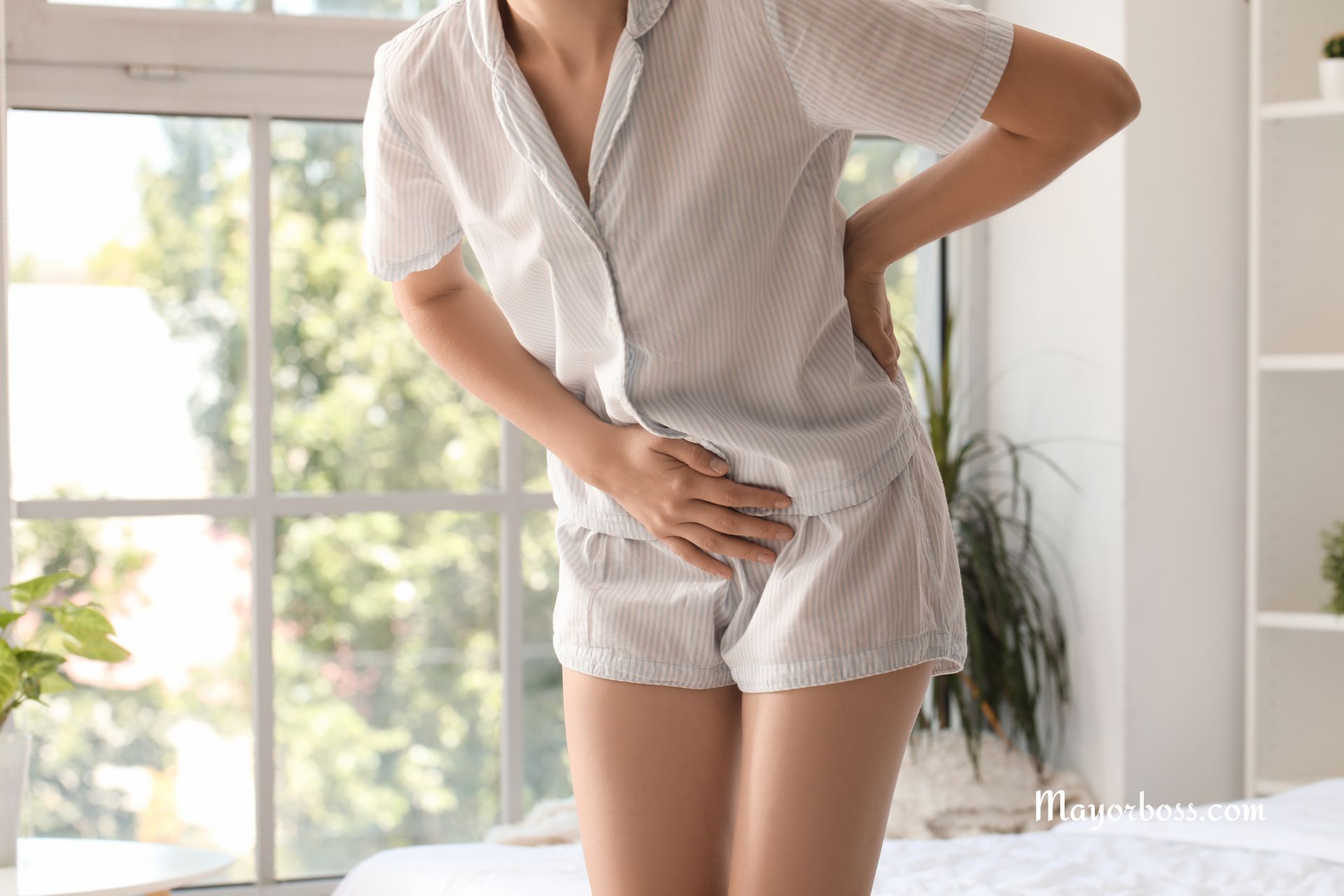Why You Have Terrible Period Pain: Causes and Remedies
Period pain, also known as dysmenorrhea, can be a real pain, literally. If you find yourself doubled over in pain every month, you’re certainly not alone. But why does this happen, and more importantly, what can you do about it? Let’s investigate the causes and look at some remedies that might help ease your discomfort.
Understanding the Causes of Period Pain
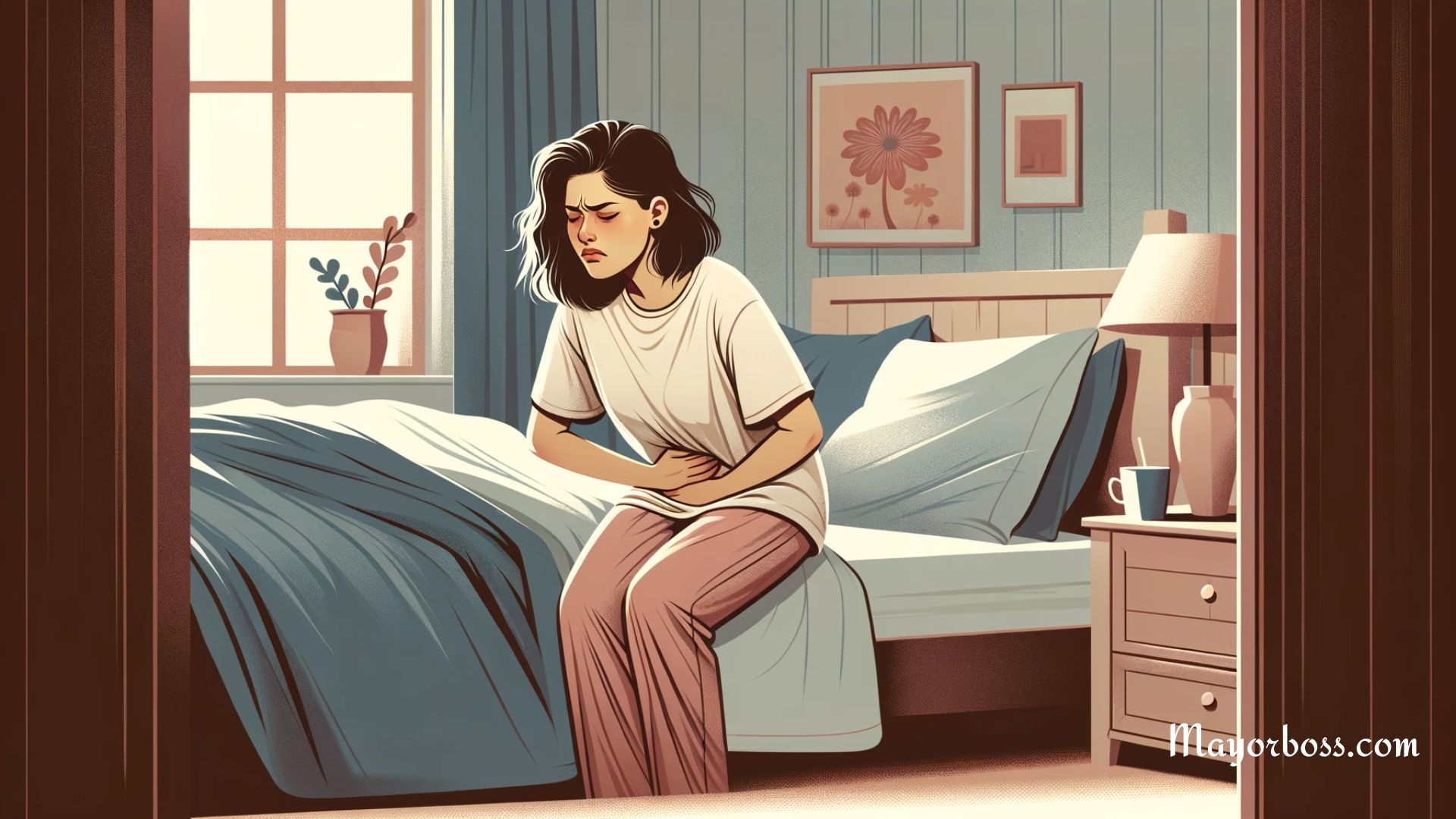
1. Prostaglandins: The Pain Messengers
During your period, your body releases chemicals called prostaglandins. They are responsible for making the uterus contract to shed its lining. Now, here’s the catch: higher levels of prostaglandins are associated with more severe menstrual cramps. Essentially, these chemicals are like little messengers telling your uterus to contract, sometimes a bit too vigorously.
2. Uterine Conditions
Certain conditions affecting the uterus can exacerbate period pain. For example, endometriosis, when tissue similar to the lining of the uterus grows outside of it, can cause severe pain. Similarly, uterine fibroids – noncancerous growths in the uterine wall – may also contribute to more painful periods.
3. Hormonal Imbalances
Fluctuations in hormones, especially estrogen and progesterone, can impact your menstrual cycle and the associated pain. If your hormones are out of balance, your periods might be more painful.
Remedies to Ease Period Pain
1. Over-the-Counter Pain Relievers
Ibuprofen and naproxen are your friends when it comes to dealing with period pain. They not only reduce pain but also lower the production of prostaglandins. It’s a win-win situation – less pain and fewer contractions.
2. Heat Therapy
Never underestimate the power of a good old hot water bottle or heating pad. Applying heat to your lower abdomen can relax the muscles and alleviate pain. It’s like giving your cramping muscles a soothing hug.
3. Regular Exercise
You might not feel like it, but regular exercise can work wonders for period pain. Activities like walking, yoga, or light aerobics help in increasing blood circulation and reducing muscle tension. Think of it as a natural pain reliever.
4. Diet Tweaks
Certain foods can help in reducing period pain. For instance, omega-3 fatty acids found in fish and flaxseeds have anti-inflammatory properties. Also, magnesium-rich foods like almonds and spinach can help ease muscle cramps.
5. Stress Reduction Techniques
Stress can make period pain worse. So, practices like meditation, deep breathing, or even just taking time for yourself can help manage stress and reduce pain.
6. Hormonal Birth Control
If your period pain is severe, hormonal birth control methods, like the pill, patch, or ring, can help regulate or even eliminate periods, thereby reducing pain.
7. Alternative Therapies
Some find relief through acupuncture or herbal remedies. However, always consult with a healthcare professional before trying these methods.
When to See a Doctor
If your period pain is severe, disrupts your daily life, or you suspect a condition like endometriosis or fibroids, it’s crucial to see a doctor. They can provide tailored advice and treatment options.
Period pain can be a real hassle, but you don’t have to suffer in silence. With the right approach and remedies, you can find relief and get back to feeling like yourself. Every body is different, so what works for one person may not work for you. Keep trying different remedies until you find what helps you the most.

